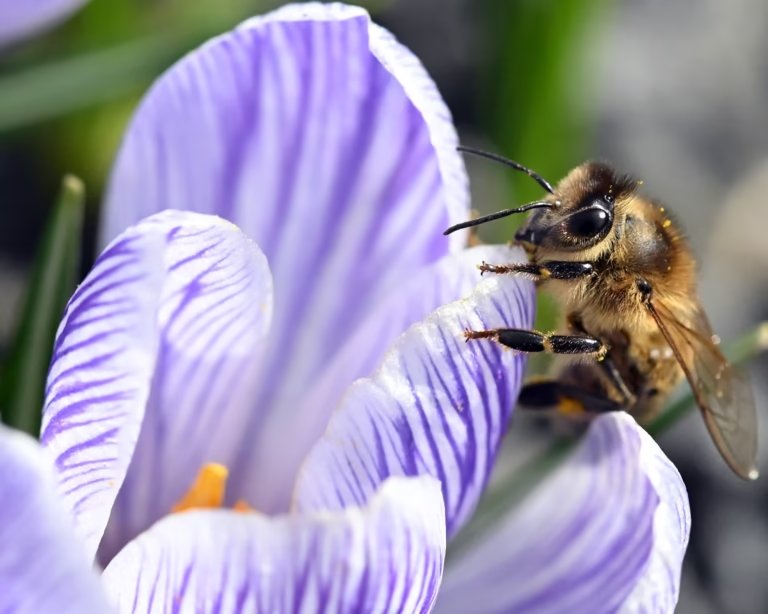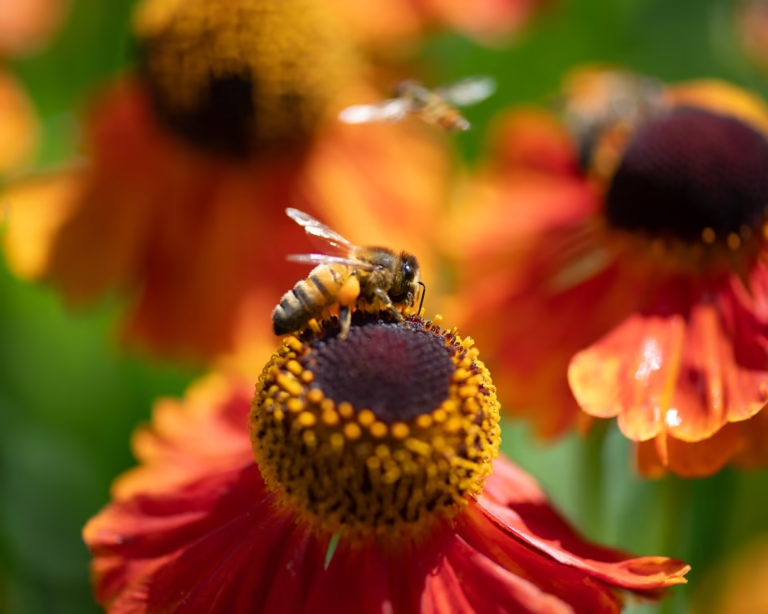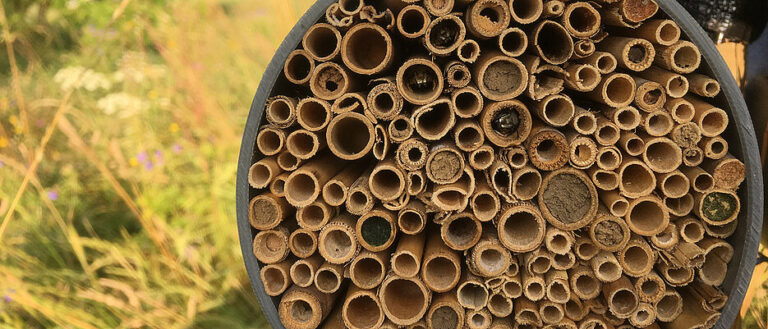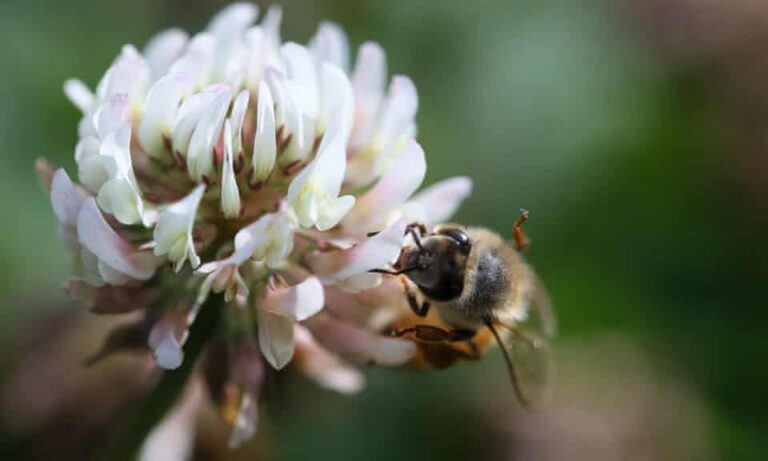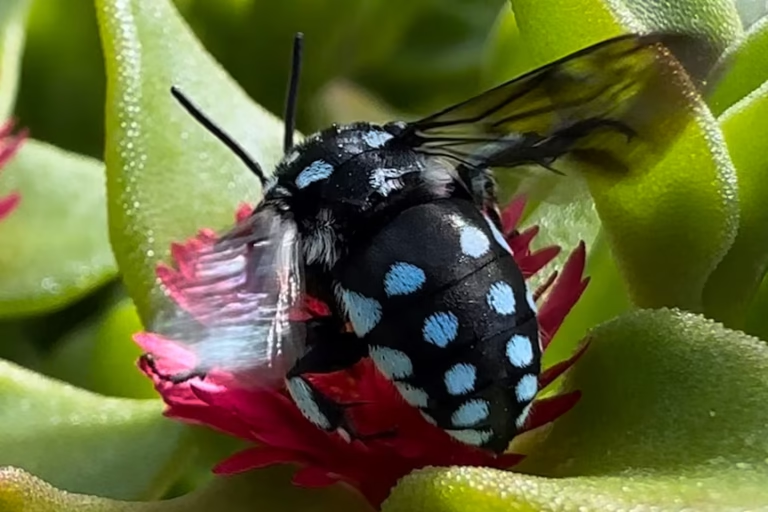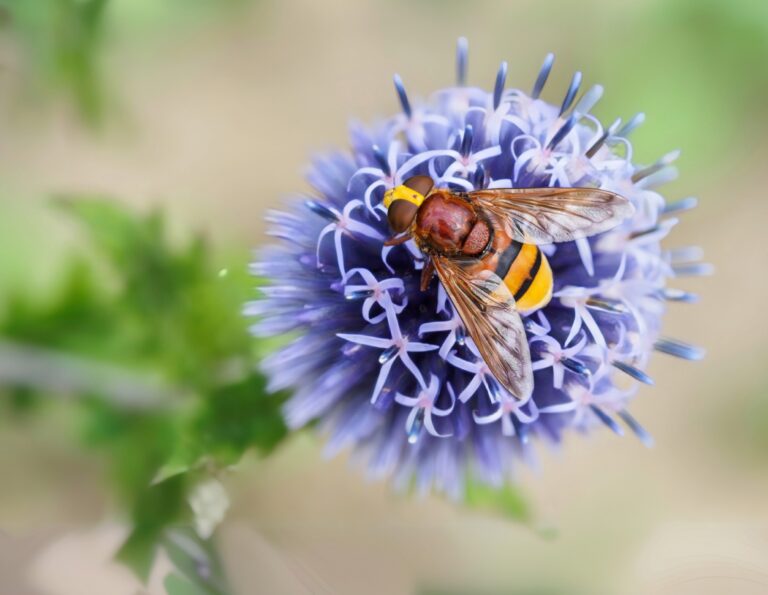Voracious Honey Bees Threaten the Food Supply of Native Pollinators
Researchers raise concern of native species being outcompeted by non-native honey bees, which were found to extract nearly 80 percent of available pollen in a day at a key hotspot of bee biodiversity The majority of the earth’s plant species, including our crop plants, rely on the services of animal pollinators in order to reproduce….


